Description
Benefits of Cannabidiol (CBD)
1. Anxiety and Stress Relief
CBD has been shown to reduce anxiety in various studies, making it a potential treatment for anxiety disorders. It may help alleviate symptoms related to generalized anxiety disorder, social anxiety, and post-traumatic stress disorder (PTSD).
2. Pain Management
Research indicates that CBD can effectively manage chronic pain conditions, including neuropathic pain and inflammatory pain. It interacts with the endocannabinoid system to modulate pain perception.
3. Anti-Seizure Properties
CBD is particularly noted for its efficacy in treating certain types of epilepsy, such as Dravet syndrome and Lennox-Gastaut syndrome. Epidiolex, a CBD-based medication, has received FDA approval for these conditions.
4. Sleep Improvement
Studies suggest that CBD may help improve sleep quality by addressing issues like anxiety and chronic pain, which can interfere with sleep.
5. Neuroprotective Effects
CBD has shown promise in protecting against neurodegenerative diseases by reducing inflammation and oxidative stress in the brain, potentially benefiting conditions like Alzheimer’s disease.
6. Antioxidant Properties
CBD possesses antioxidant properties that can help combat oxidative stress, which is linked to various chronic diseases.
Parenteral Use vs. Oral Use of Cannabidiol
Advantages of Parenteral Use
- Faster Onset of Action: Parenteral administration (e.g.,intramuscular) allows CBD to enter the bloodstream more quickly than oral forms, leading to faster therapeutic effects. This is particularly beneficial in acute situations where immediate relief is needed.
- Higher Bioavailability: Parenteral routes provide higher bioavailability compared to oral administration, where CBD must pass through the digestive system and liver before entering circulation. This first-pass metabolism can significantly reduce the amount of active compound available in the bloodstream.
- Precise Dosing: Parenteral administration allows for more accurate dosing and better control over serum levels of CBD, which can be critical for managing specific medical conditions effectively.
- Reduced Gastrointestinal Issues: Some patients may experience gastrointestinal discomfort or poor absorption when taking oral CBD products. Parenteral administration bypasses these issues entirely.
- Potential for Combination Therapies: Parenteral routes may facilitate the use of CBD alongside other medications allowing for integrated treatment approaches.
The co-administration of Cannabidiol (CBD) and beta-Caryophyllene (BCP) can provide enhanced therapeutic benefits compared to using either substance alone. This synergistic effect arises from their complementary mechanisms of action, which can lead to improved efficacy in treating various conditions, particularly pain and inflammation.
Benefits of Co-Administration
1. Synergistic Analgesic Effects
Research indicates that the combination of CBD and BCP produces a synergistic analgesic effect. Studies have shown that when administered together, lower doses of each compound can achieve greater pain relief than higher doses of either compound alone. For example, the effective dose (ED50) for the combination was lower than those needed for each compound individually, suggesting enhanced potency when used together.
2. Enhanced Anti-Inflammatory Properties
Both CBD and BCP exhibit anti-inflammatory effects, but their combination may amplify these properties. The co-administration has been shown to reduce inflammation more effectively than either compound alone, making it beneficial for conditions like arthritis and other inflammatory disorders. This is particularly important as it allows for lower doses to be used, potentially reducing the risk of side effects associated with higher doses of either compound.
3. Reduced Side Effects
The combination of CBD and BCP is associated with fewer side effects compared to other pain management therapies, especially those involving THC. Neither CBD nor BCP produces psychoactive effects, making them suitable for patients seeking relief without the mind-altering impacts commonly associated with cannabis products containing THC. This characteristic can enhance patient compliance and overall treatment satisfaction.
4. Potential for Broader Therapeutic Applications
The interaction between CBD and BCP suggests potential applications beyond pain relief. For instance, both compounds have been studied for their effects on anxiety and neuroprotection. Their combined use could enhance these therapeutic outcomes, providing a multi-faceted approach to treatment.
5. Modulation of Cannabinoid Receptors
BCP uniquely interacts with cannabinoid receptors, particularly CB2 receptors, similar to cannabinoids like CBD. This interaction may enhance the overall effectiveness of CBD by modulating its action on the endocannabinoid system without activating CB1 receptors, which are often responsible for psychoactive effects. This mechanism allows for effective pain management while minimizing adverse effects.
Conclusion
The co-administration of Cannabidiol and beta-Caryophyllene enhances analgesic and anti-inflammatory effects and reduces side effects associated with higher doses of either compound alone. This combination represents a promising therapeutic strategy for managing pain and inflammation while maintaining safety profiles conducive to patient comfort and compliance.


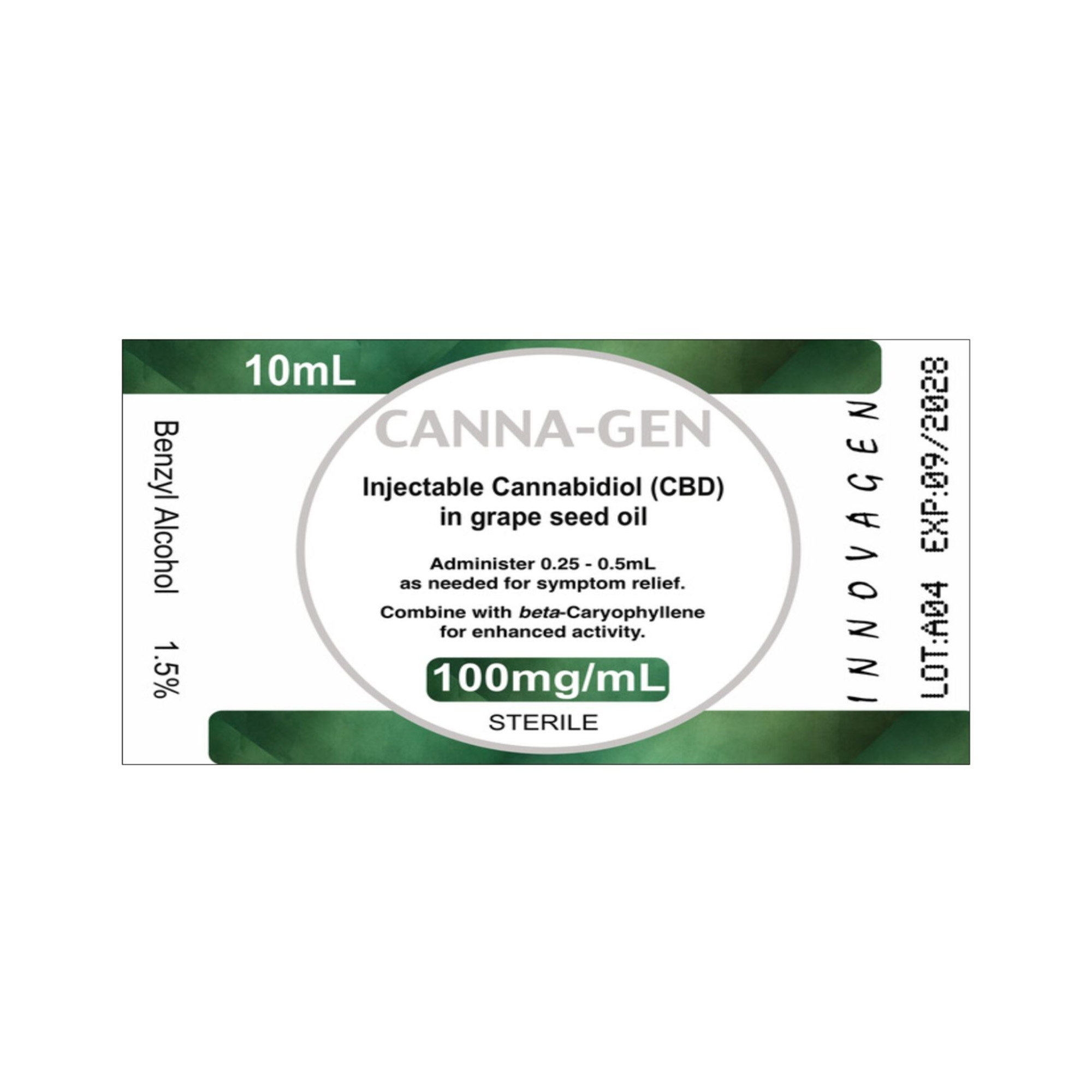
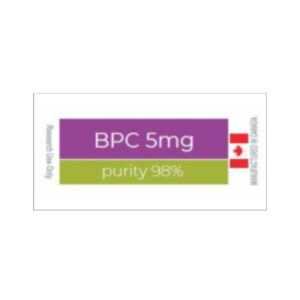

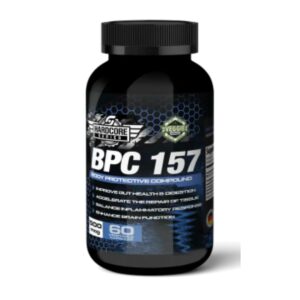
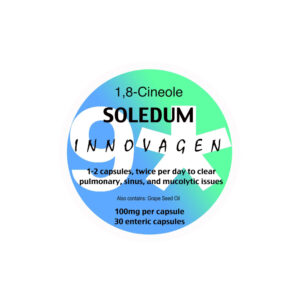
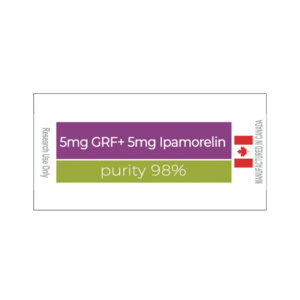

There are no reviews yet.